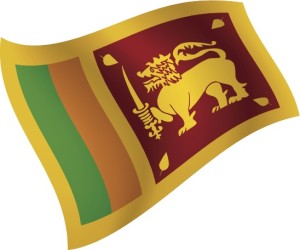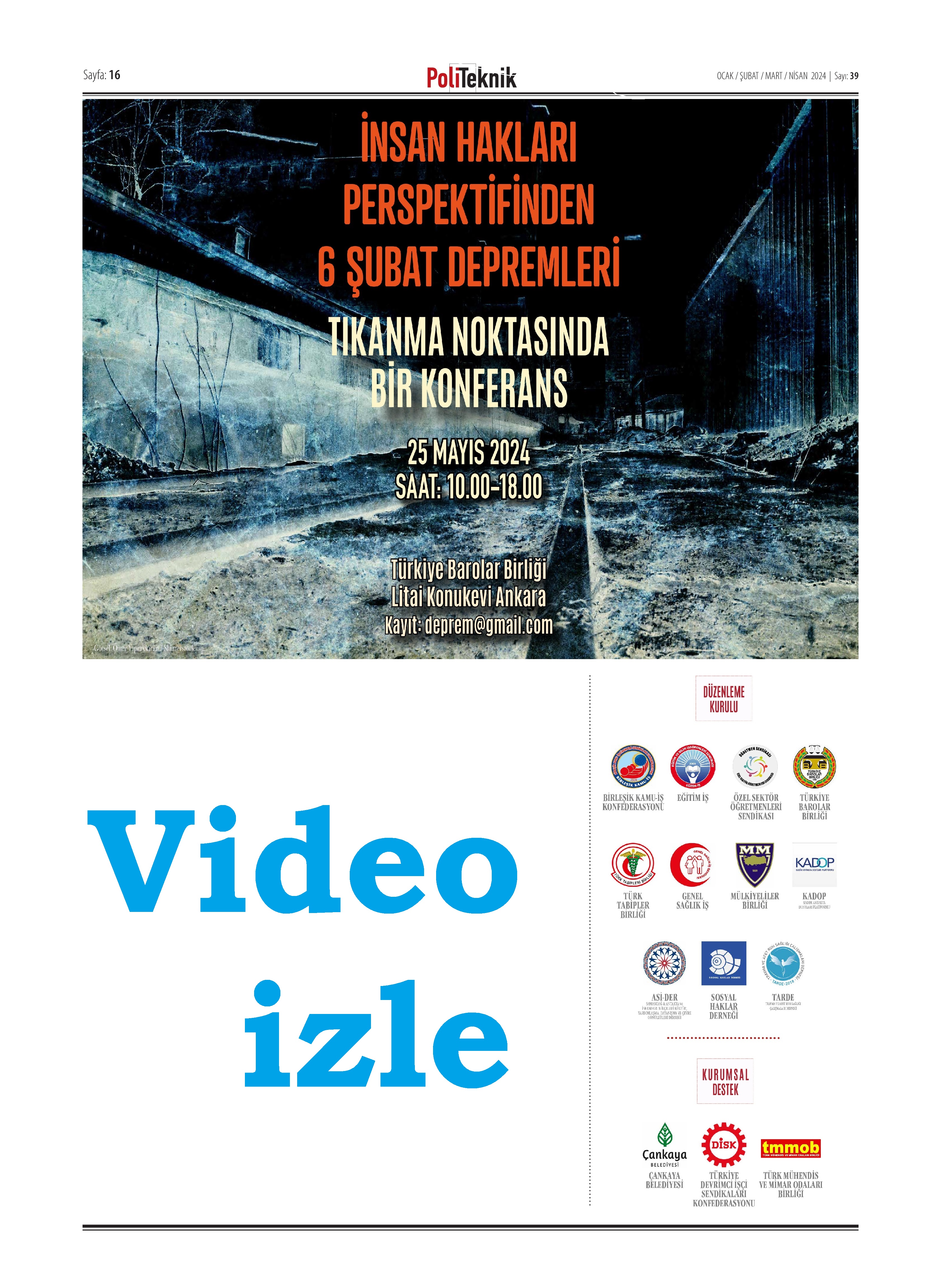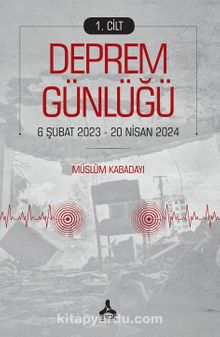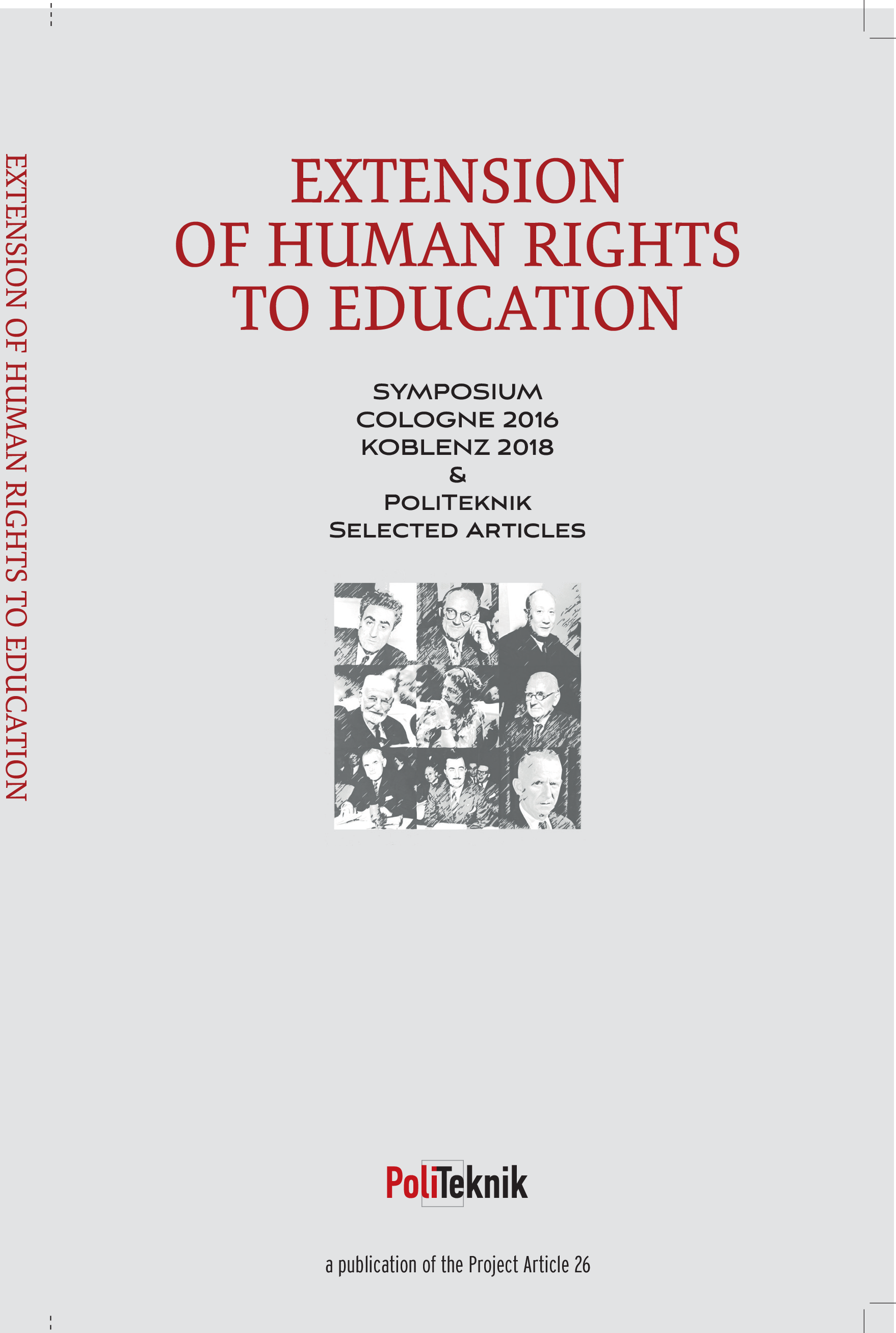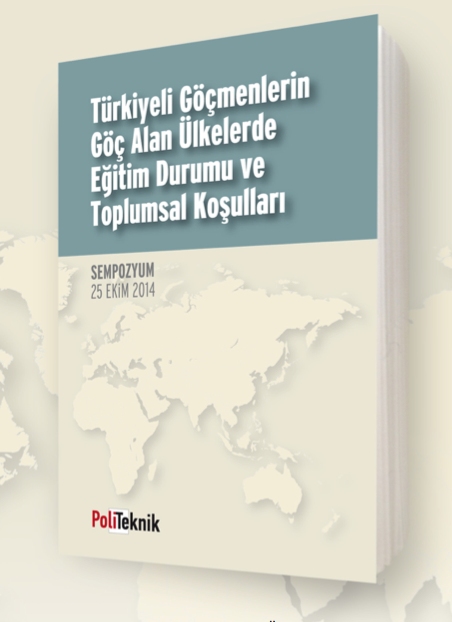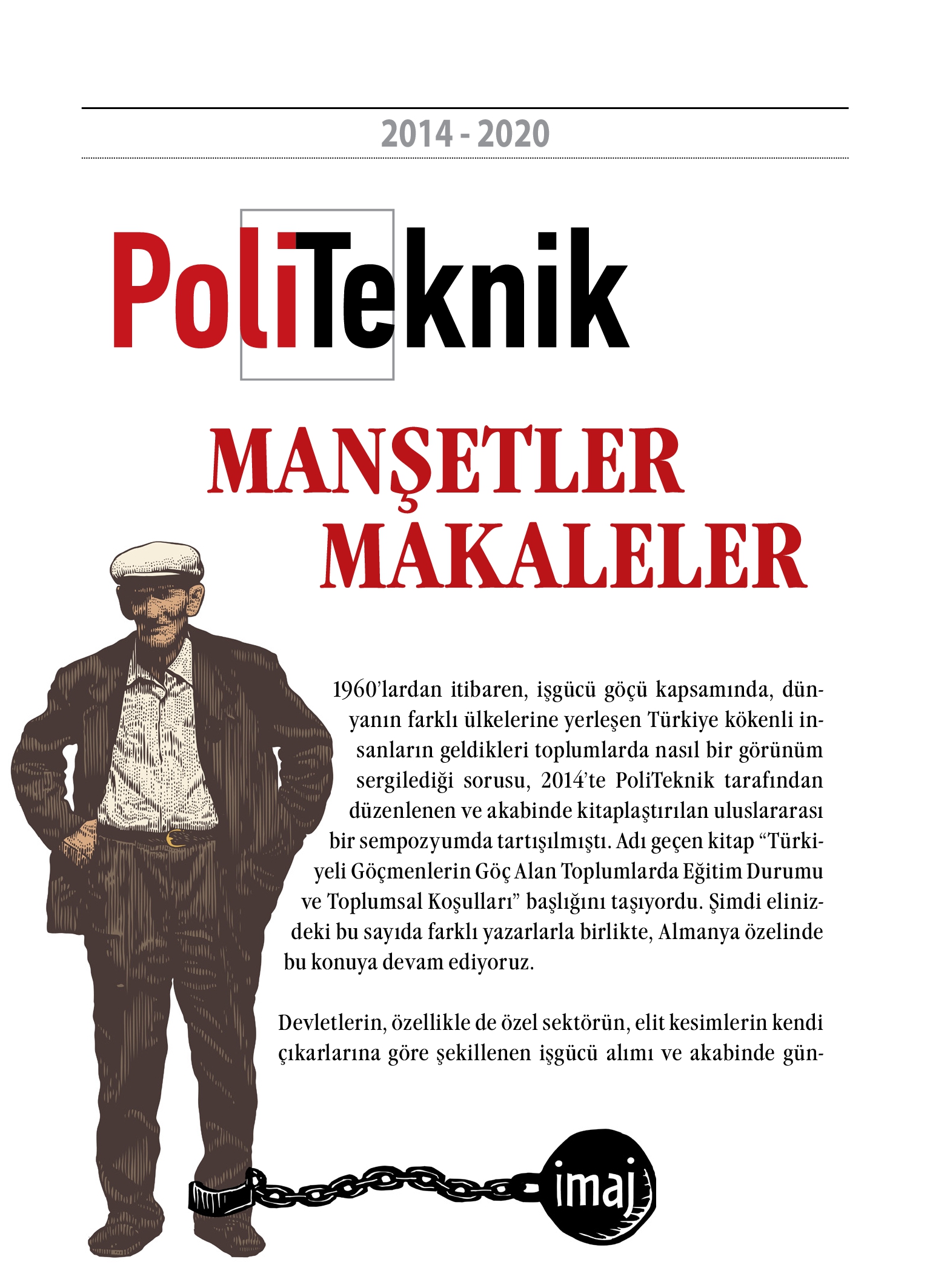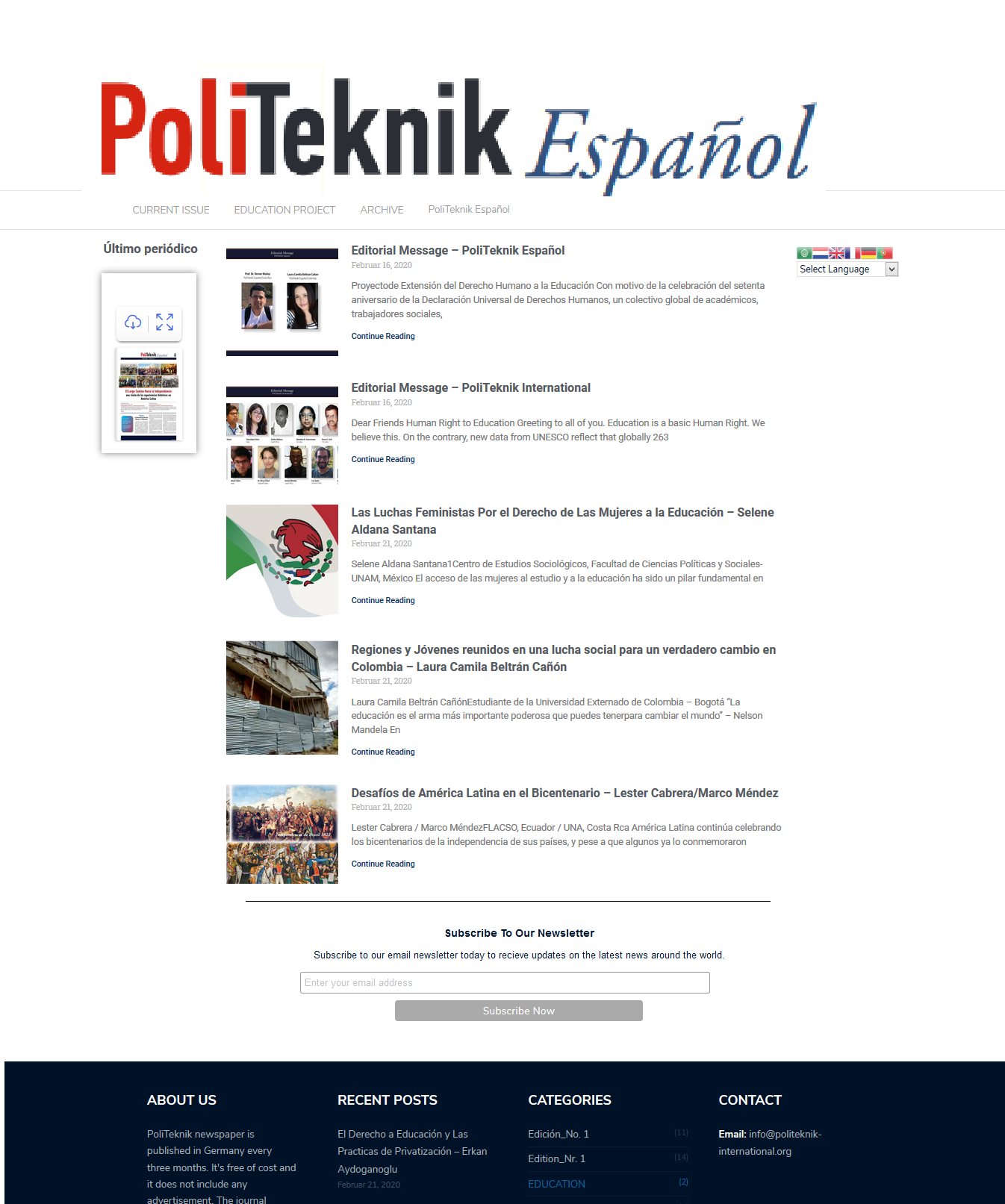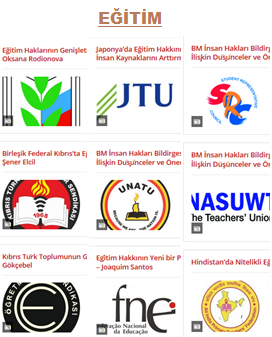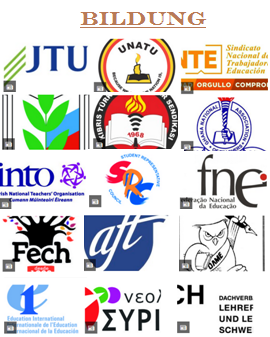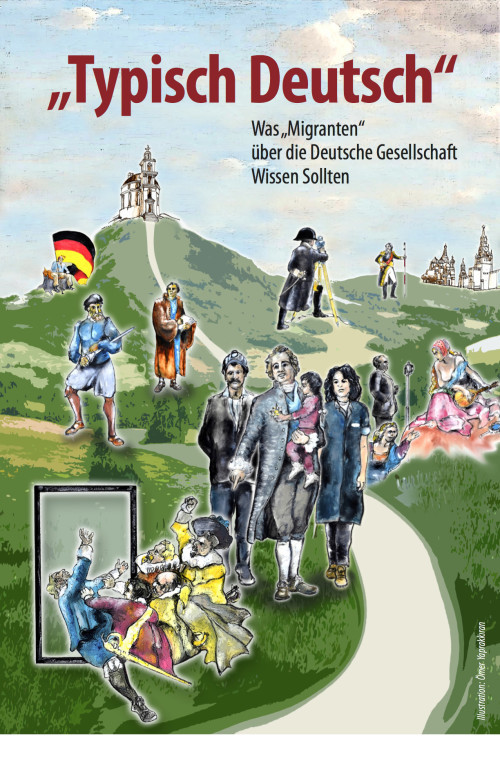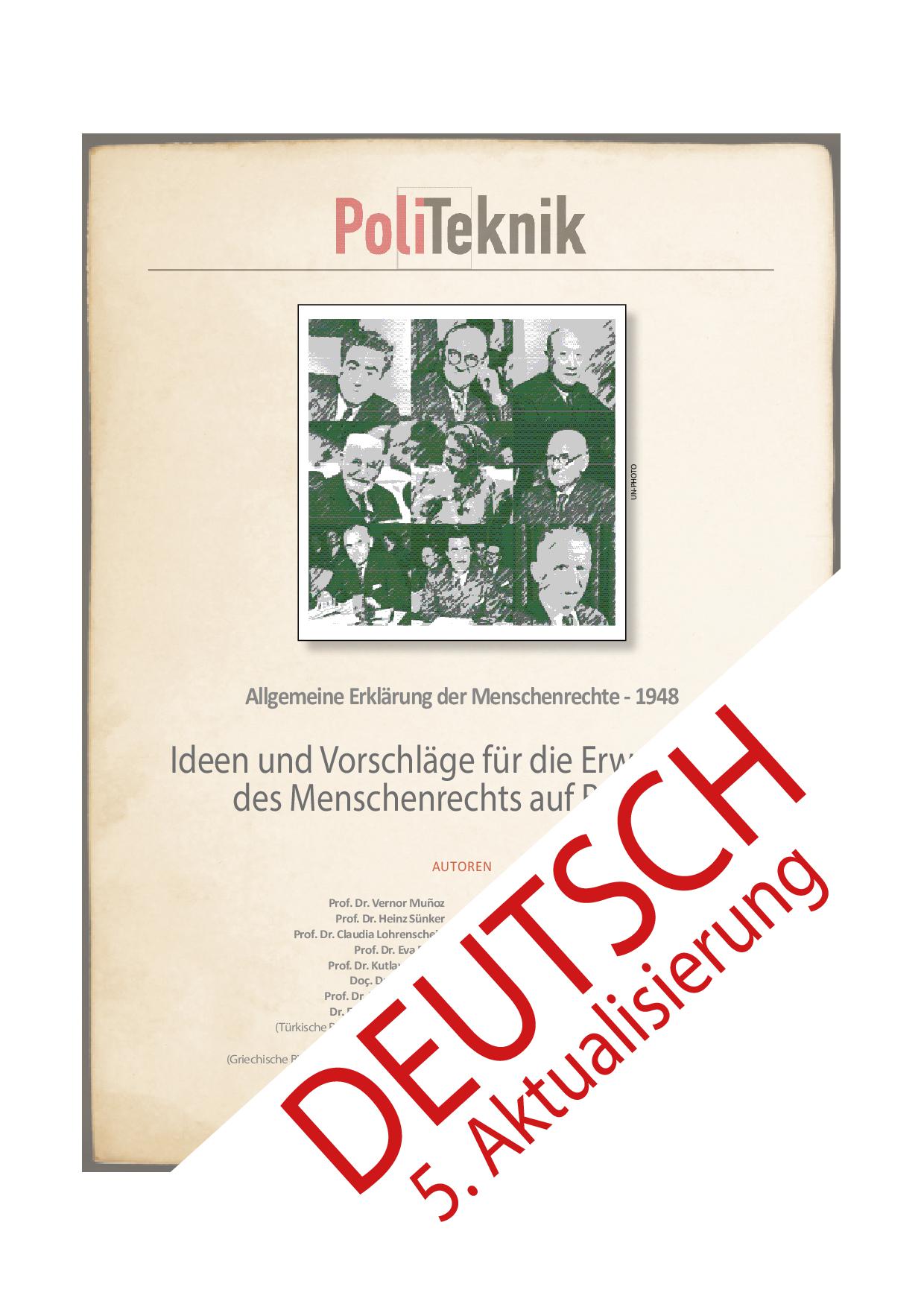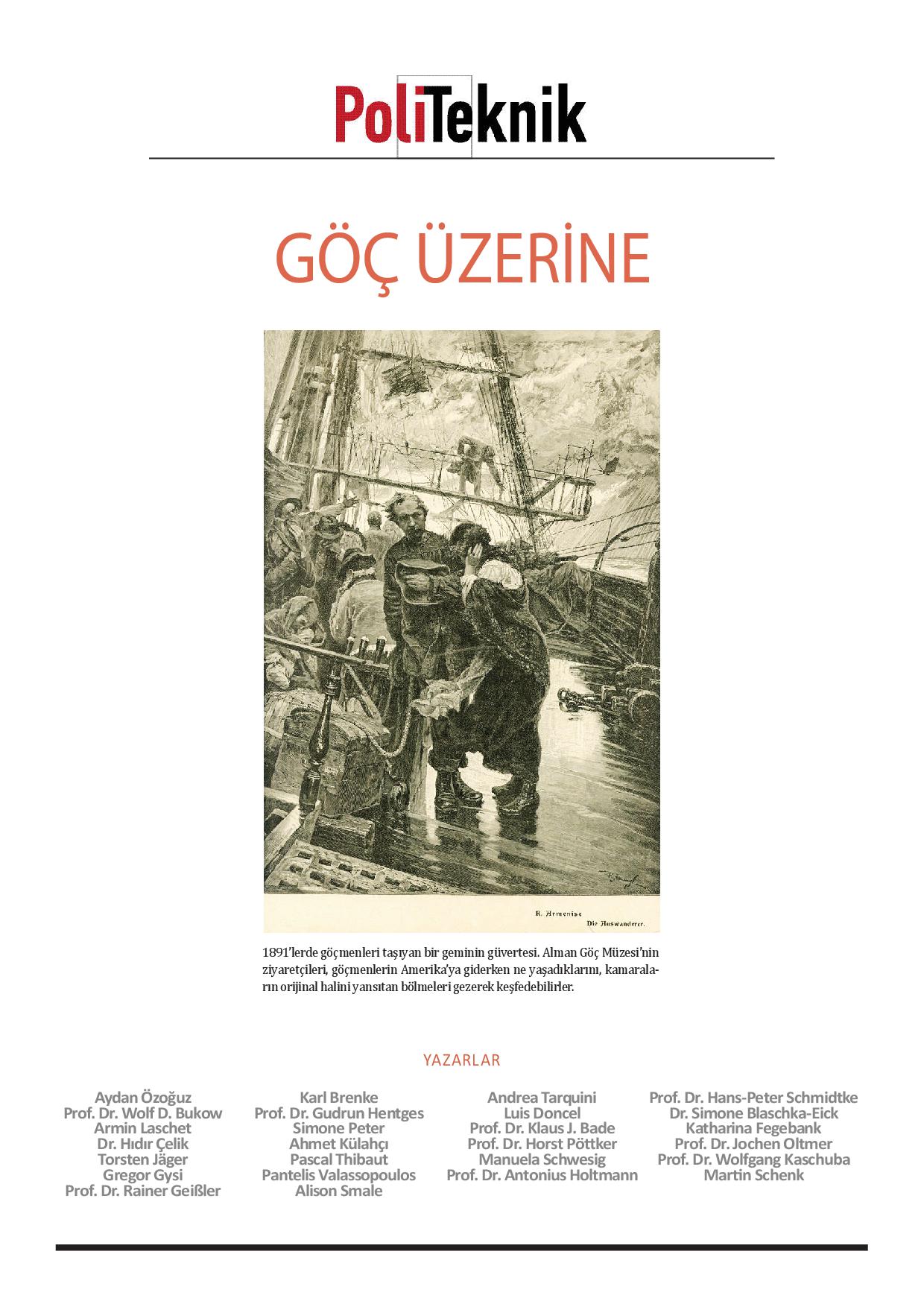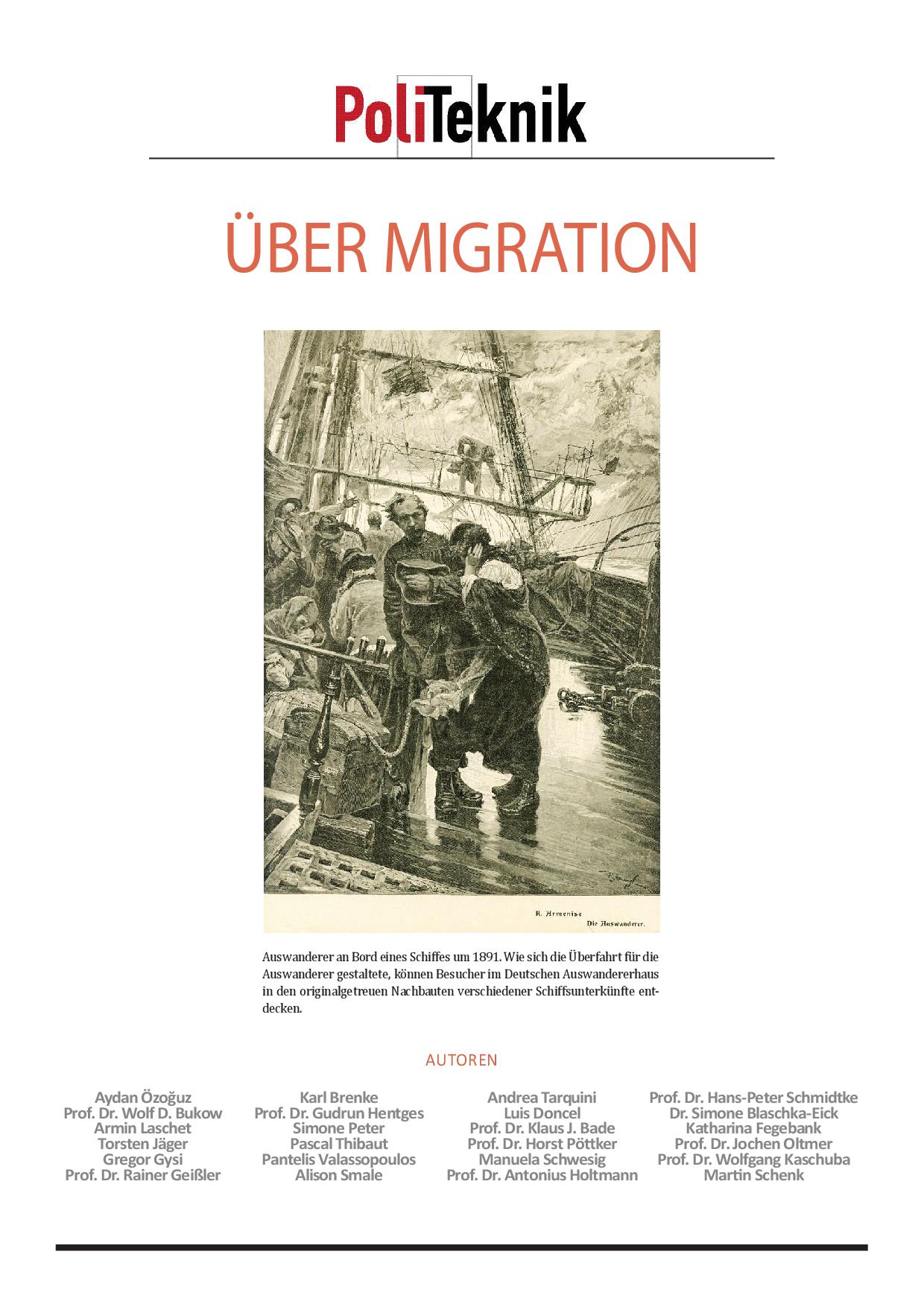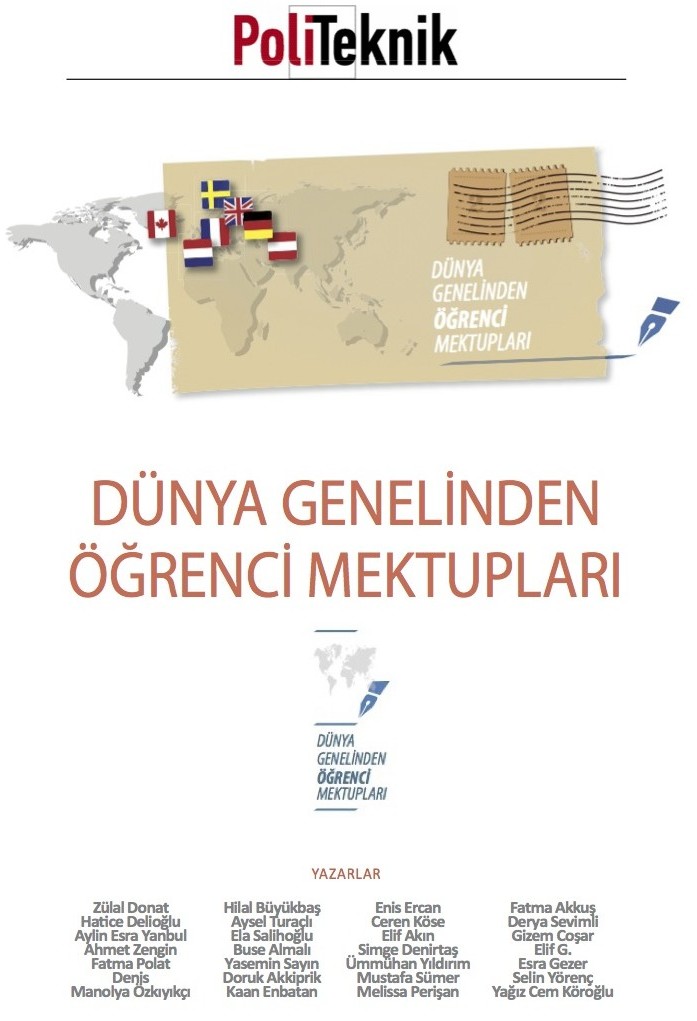Şener Elcil
KTÖS General Secretary
The existence of the Cyprus problem causes suffering to all Cypriots. I believe that identifying teachers and education as playing a pivotal role in the creation of this problem would not be an understatement. The fact that teachers made up the majority of cadres of EOKA as well as TMT, both underground organizations established with incitements from Anglo-Americans and NATO forces, and that teachers as an occupational group suffered the greatest loss during inter-communal conflict all provide evidence for this statement.
While talking about the role of teachers in this conflict, we mustn’t forget about the Turkish and Greek teachers that came to this island before any armies of Turkey or Greece. Looking back, one can easily observe that prior to the 1974 physical separation; the people on this island experienced an emotional division that was fueled by educational systems that were nationalism, racism and chauvinism-ridden. This phenomenon, which dates back to the 1900s and was expedited in the 1950s, created a separatist discourse and doctrine that excluded any elements of a common culture, history or life of the two communities.
The Republic of Cyprus, which was established in 1960, included two separate educational systems for the two communities within it, rather than having a common educational system based on multicultural education. This arrangement also contributed to perpetuating the nationalistic and chauvinistic education that was already well-established on the island. Following the inter-communal violence that erupted in 1963, the Turkish Cypriot community was restricted to only 5% of the island and the community came under the control of Turkish military officers. Another consequence of these events was that with the community, its educational system also came under the supervision of Turkey and its educational system.
The fascist coup and the subsequent Turkish occupation of the island in 1974 brought about physical separation on the island. Chauvinism, nationalism, racism and othering became the main objectives of education. Education came under the supervision of Turkey completely. In addition, Turkish Cypriots were forced to take surnames and geographical renaming policies were employed.
Due to the systematic population transfer of Turkey to the north of the island, Turkish Cypriots became a minority in their own country. At the moment, there are 116 pre-primary and primary schools, 46 secondary and high schools in northern part of the island. In addition, there are numerous universities in which 72,000 students are enrolled. Out of the students enrolled in compulsory education, 56% are Turkish citizens, 43% are Turkish Cypriots and %1 are children of foreign nationals. Even though there is an abundance of suitable teachers in the north of the island, the practice of bringing teachers from Turkey continues till this day. In addition to teachers, most of the textbooks used in schools are also imported from Turkey. In line with the recent developments in Turkey, the northern part of the island is experiencing a noticeable increase in religious-based investments and the establishment of new mosques. Additionally, Turkish authorities are pushing for the replacement of the secular education system with a more sunni İslamist education in schools.
On another note, consistent with the global trend of privatization in and of education, the northern part of Cyprus is also experiencing its share of educational privatization. Many associations have been set up for the purpose of opening up private schools. Within this realm, there are special efforts to open up branches of Turkish schools on the island. In addition, problems are constantly being created for the 200 and so Turkish Cypriots students who are studying in southern part of the island to dissuade them from attending schools in the south.
In light of all of these realities, the following measures have to be taken to ensure that once the United Federal Cyprus is established, a free and quality education that is based on secular and democratic principles is offered within it:
- Creating an educational system that takes a holistic approach to education and that is based on universal concepts and values of human rights, democracy, solidarity, and social justice, while also highlighting common cultural values.
- Taking into account the multicultural, multilingual and multi-faith structure of the island, emphasizing participation, cooperation, problem-solving, dialogue, active listening, critical thinking and respect for differences in schools, which would contribute to eliminating chauvinistic and nationalistic elements from the educational system.
- Making Greek and Turkish language lessons compulsory in schools, which would allow getting to know the ‘other’ and foster respect.
- Changing religion lessons from compulsory to optional.
- Creating teacher training academies where teachers from both communities are trained together.
- Making sure that professional development opportunities are offered to help teachers critically reflect on challenges associated with conflicts in Cyprus and elsewhere and on how to address these issues in schools.
- Using training materials and textbooks that are prepared locally, based on common culture and history but also with a critical, empathetic, and multi-perspectival approach that would provide a safe space to discuss controversial issues.
- Preventing the further privatization in and of education and allocating more funds for public education.
- Creating a culture of peace, tolerance and sharing by encouraging teacher and student exchange programs, which would provide them with first hand experiences of other cultures, increase cultural awareness and promote cultural critique, and therefore enable change.
- Preventing the use of education as a propaganda tool by politicians and exposing the past actions that led to the separation we have today as well as any efforts that would lead to a future conflict amongst Cypriots.


